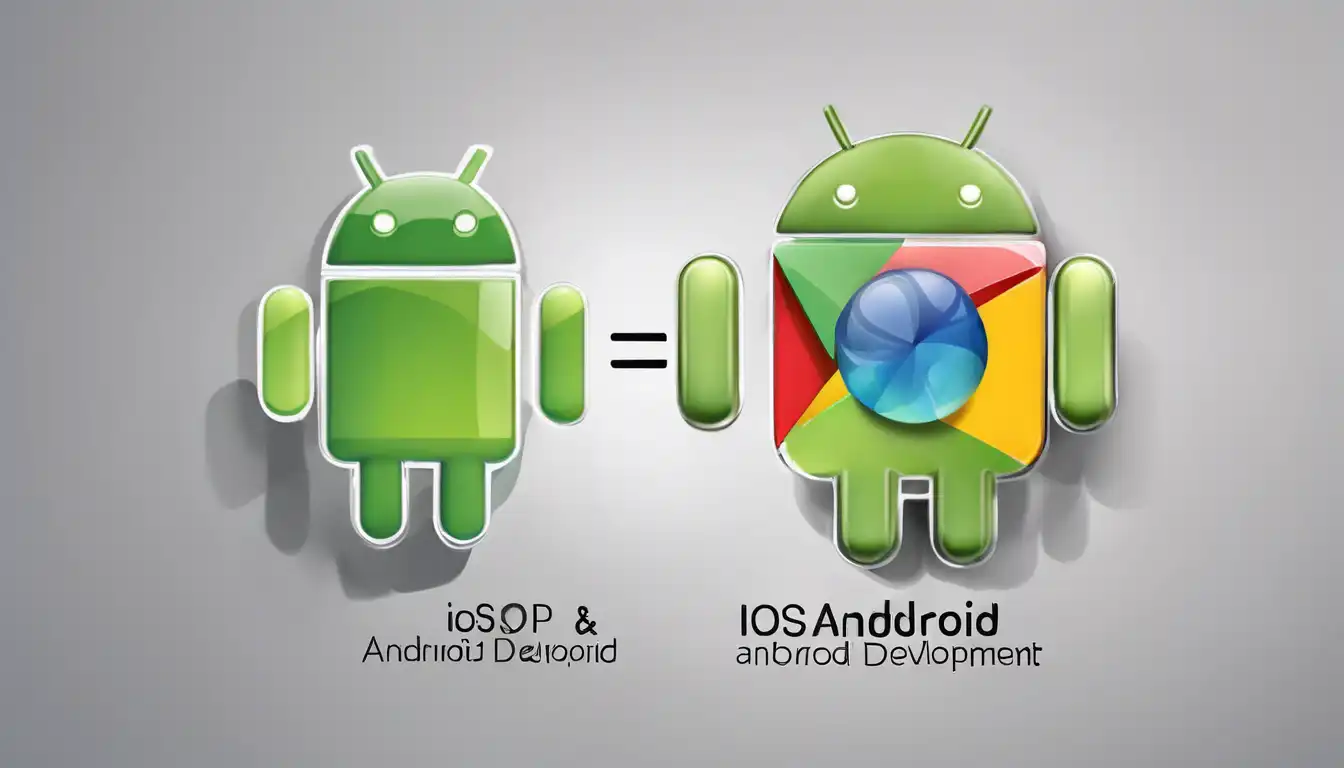Understanding iOS and Android Development
When it comes to mobile app development, two platforms dominate the market: iOS and Android. Each has its unique ecosystem, development tools, and programming languages, making the choice between them crucial for developers and businesses alike.
Development Languages
iOS development primarily uses Swift or Objective-C, languages designed by Apple for its ecosystem. On the other hand, Android development relies on Java or Kotlin, offering a different approach to app creation. The choice of language affects not just the development process but also the performance and capabilities of the app.
Development Environments
Apple provides Xcode as the integrated development environment (IDE) for iOS, which is known for its sleek interface and powerful tools. Android developers, however, use Android Studio, which offers flexibility and a wide range of features tailored for Android app development.
Market Share and Monetization
Android holds a larger global market share, making it an attractive platform for reaching a wider audience. iOS users, however, tend to spend more on apps, offering higher revenue potential for developers. This difference is crucial when planning your app's monetization strategy.
Fragmentation vs. Uniformity
Android's open nature leads to fragmentation, with devices running various versions of the OS and having different hardware capabilities. iOS, in contrast, runs on a limited range of devices, ensuring a more uniform user experience but limiting the audience size.
App Approval Process
The iOS App Store is known for its strict review process, which can delay app launches but ensures higher quality standards. The Google Play Store has a more lenient approval process, allowing for quicker updates and releases.
Conclusion
Choosing between iOS and Android development depends on your target audience, monetization goals, and preferred development environment. Both platforms offer unique advantages and challenges, making it essential to weigh these factors carefully before starting your project.
For more insights into mobile development, check out our guide on the latest trends in mobile development.
